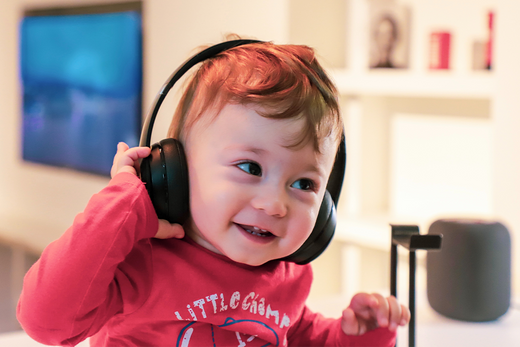Over the last 35 years, the rise of softies has become increasingly evident. This phenomenon can be attributed to our desire to create a different world, one that values ease, speed, and entertainment as the keys to happiness. At the same time, we derive a sense of "goodness" from easing the burdens of others.
Who hasn’t encountered a "softie” 30-year-old?
- A complaining adult who "knows everything" yet lacks real experience.
- Someone who never finishes what they start because they find it all boring.
- An individual who avoids work because the pay is insufficient for the effort made.
- A person with an explanation for everything, yet who takes no tangible action.
- An unhappy adult.
Where does this "culture" stem from?
At some point, we were told that "children needed to be raised differently," that they should be treated as "adults," and that negotiating and reaching agreements with them was essential. It was the moment when "children stopped being children" and became "adults" without being so, while adults reframed themselves as "friends" to their children. This shift gave rise to our fears, doubts, and anxieties, eroding our confidence as parents and, consequently, in our children.



